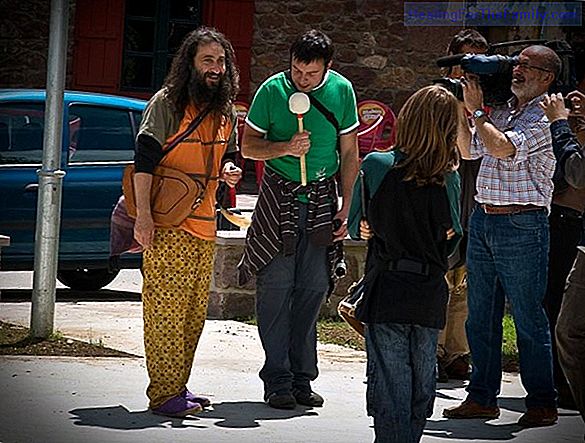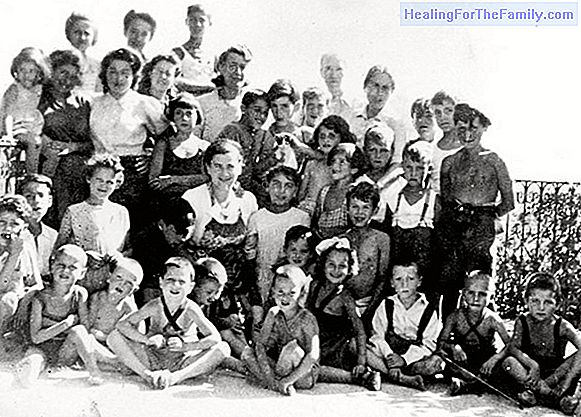How to inculcate common sense in children
Instill common sense to children is a task that every father and mother tries to carry out during the entire evolutionary process of their children, starting in the earliest childhood until reaching the complex adolescence , moment in which we will continue asking our children, more than ever, to ma
Instill common sense to children is a task that every father and mother tries to carry out during the entire evolutionary process of their children, starting in the earliest childhood until reaching the complex adolescence , moment in which we will continue asking our children, more than ever, to manage their lives with common sense. The question is how should we do it so that it really reaches out to children?
What is common sense and how is it learned

Common sense is nothing else than the ability to orient oneself in practical life : I do not cross a red light, I put on a coat when it's cold, I do not go to school pajamas, I should not get away from dad and mom in public places or, if I see a fire, I call the fire department, to give some examples.Common sense that set of beliefs or thoughts shared in a society about what is appropriate to do, think or say at certain times. It saves us from making mistakes, from getting into trouble and avoiding unnecessary dangers. It also allows us to choose the most beneficial option to achieve our objectives.
But common sense is not something innate,
it should be taught and children should practice to learn . This means that on many occasions children will be mistaken by being carried away by their thoughtless thoughts or by the impulsiveness of the evolutionary moment in which they are immersed. But by putting into practice this set of commonly shared and socially accepted responses, children will develop their common sense.How to instill common sense to children
Parents, teachers or teachers can help instill common sense to children through different forms, either through day-to-day activities or through different games and stories.
1) through our own experience:
We know that children basically learn by imitation and by trial and error, so it is important that parents give them the opportunity to see how we handle with common sense throughout the day and why we act in this way and not another, explaining the consequences of taking one or another decision. For example, we cross by the pedestrian crossing with the traffic light in green and not in red because they could run over us or we should never leave a paella with oil in the fire because we could cause a fire at home.
Through these everyday examples we can ask the children questions to tell us what they would do in each situation and why. But we must not only stay at this point where they live through us, we must go further and allow them to make small decisions and let them make mistakes so that they are more aware of the consequences of having taken a good or bad decision.
2) Through games:
Children learn to talk, to relate, to share and to understand the world through play. Playing with them we can get them to be more sensible people and act in the most appropriate way in each situation that occurs. Role playing or symbolic play, where the child imitates being another person or character, is ideal for learning that set of beliefs, thoughts and behaviors that make up common sense. There is nothing better than letting those who want to be, police, firefighters, nurses or gentlemen of the middle ages, surely in the plot of their stories develop a lot of common sense: how to cure a sick person, what to do in the face of danger, who call when there is a fire, how to dress, ...
We can let them play alone or be part of their world, in any case it will always be good to ask them why they say or do this or that, what options they had and which of them should be the most appropriate
3) Through stories and stories:
Any story or story is a good opportunity to instill common sense to children. The stories provide a learning environment of very high quality where it is possible to transmit new knowledge, values or ways of acting. When we read a story to our children it is good that from time to time
we stop and ask them what is happening throughout the story , what is doing and feeling any of the characters and how do they think that I should have acted, If it is right or wrong or what other options would you have and why. Nothing happens if they do not know how to answer, the important thing is that they pay attention and that we give them some answers to how to act with common sense.












